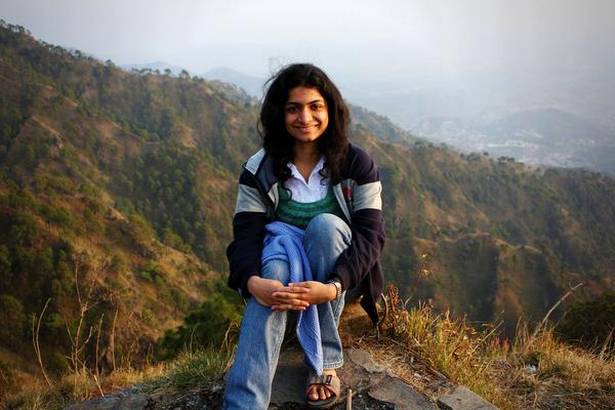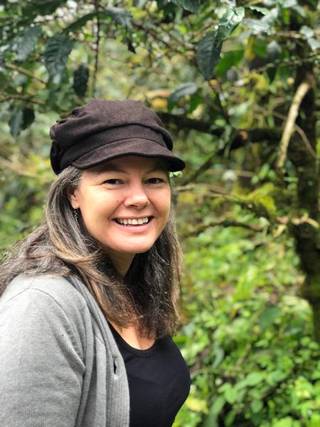
The past year has seen a spurt in speciality coffee offerings, as more local roasters get creative with the business of beans
When Divya Jayashankar set up Chennai’s first roastery, Beachville, back in 2018, the city was just beginning to look beyond traditional dark roasts and filter coffee. Back then, her imported small-batch roaster, grinder, and farm-sourced coffee blends with “no chicory, no robusta” were enough to take customers by surprise, she recalls.
Now, encouraged by adventurous customers, Divya is exploring naturally sun-dried coffee cherries as against washed Arabica, and the various ways they can be put to use. The latter, she says, “has what many consider to be a cleaner taste. But sun drying lets the flavour of the cherry leech into the bean with time, making it much more heavy-bodied and fruity: The market is moving towards more funky tasting coffees, and I want to experiment.”

She is not alone — a fraternity of coffee entrepreneurs alongside Divya are trying out a variety of processes, working with farmers, discoving different beans and playing with flavour profiles.
The growing competition is keeping him on his toes, admits Akshay Vaidyanathan who founded Kapi Kottai in 2019. While Divya looks into what she calls “the naturals”, Akshay’s latest product Hamir Kalyani is a test slow-controlled fermentation. “It’s a very technical process, but fermented coffee is definitely a trend now,” says Akshay, adding that his 2020 product named Curveball is double-fermented, resulting in an intensely fruity, admittedly polarising brew with a niche, but loyal, following.
These experiments are taking roasters into coffee estates, to the turf of growers and plantation owners, in an attempt to heighten flavours in coffee before they even take the form of beans. The latest in the fray, began their process plantation-first.

Kat & Kin Coffee Roasters was started by husband-wife duo Kathryn and Anek Ahuja in the middle of lockdown earlier this year. “I have been interested in coffee-making for 25 years, and was looking for a challenge,” says Kathryn.
They began with a visit to plantations in Chikmagalur after restrictions eased, where a patch of Ethiopian-origin heirloom coffee at MF Estate caught her fancy, “I knew I wanted to start with that bean”. The smooth-tasting floral coffee lends itself to multiple brewing styles, found the couple, making it the ideal launch for a new customer-base with varied preferences.
Then followed the investments: a roaster that took three months to be imported from Taiwan (“there are no roasting machines made in India,” says Anek), a commercial-scale grinder, and a years’ stock of coffee beans. “Harvest happens only once a year, so we must commit to the grower for that long,” explains Anek, adding with a laugh, “We burnt a lot of beans before we managed a good roast.”
Up ahead
Now, Kat & Kin offers six coffees, including the popular Monsooned Malabar and a naturally processed product named Iced Honey. The roasters have also left their imprint beyond city and state limits — “While most of our customers are in Chennai, we are also getting repeat orders from a few people in Bengaluru and Hyderabad,” says Anek, adding, “In Chennai, the community of people brewing coffee other than filter coffee is growing. Some look at the process as an art form; I know people who prefer slow pour overs just because they find it calm and therapeutic.”

Meanwhile, Kapi Kottai sells not only to individual customers, but also to cafes and restaurants around the country. The bread bar in Mumbai, Mearth cafe in Chennai, One Dollar Moffee in Raipur, Three Beans Coffee Bar in Nagpur and Pot Boiler Coffee House in Kolkata are part of Akshay’s clientele.
Beachville, on the other hand, is putting more energy into serving its local, post-lockdown customers at the cafe that opened in October 2020. “The current trend is towards finding more interesting coffees and interesting ways of processing them,” says Divya, “But right now, the experiential angle seems more important than the blends per se. In the past year, we have been experimenting with what we serve at the cafe: kinds of cold brew, espresso-based beverages like a coconut water, coffee and mint espresso drink, and other beverages with tonics.”
It is only in the upcoming harvest season that Divya really plans to get into naturally processed coffees, and also importing coffees from Ethiopia and Columbia. “It is usually difficult for a grower to maintain consistency when the process is natural, but there are some estates that are doing some really good work,” she says. She sees reason for optimism not only in the rising customer base, but also in the growing retail price of coffee, which is an indicator of how much people value speciality products and “green products”. In the end, she says, it all comes down to the relationship you have with those who grow coffee, and how much you are willing to pay them for their labour.
source: http://www.thehindu.com / The Hindu / Home> Life & Style> Food / by Meghna Majumdar / Chennai – October 27th, 2021

